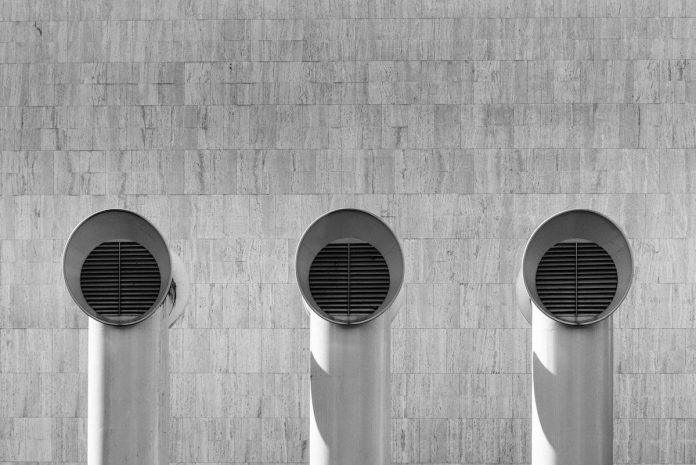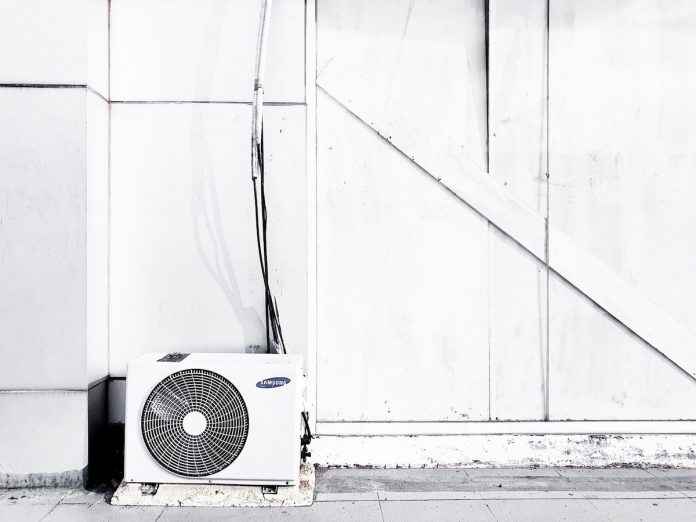Buying an Air Conditioner and What to Consider for Your Home or Business
The goal of an HVAC system is, as its acronym implies, to maintain a comfortable temperature and humidity level within. Surely you have heard of split systems, micro ductless, and so on. So what are the differences? With so many options, how can you choose the ideal system for your needs? Below, we’ll describe each HVAC system in detail to help you choose the best air conditioner and what to consider for your home or business.
Mechanical ventilation and air conditioning systems are available in a wide range of sizes and configurations. The ideal option will depend on your finances, the size of your home, and the presence or absence of ductwork in your workplace or residence.
Can you explain what central air conditioning is?
Nowadays, most residents of Los Angeles utilize central air conditioning to chill their homes. You might get some assistance here from a local Los Angeles air conditioning repair shop. The airflow within your house is cooled by a cooling coil and a heat exchanger, both of which are located outside.
Having your furnace connected to a cooling system allows you to enhance the effectiveness of your heater filtration system and any supplementary air purification equipment. The environment in your home will be cleaner as a result of this.

Mechanical systems for temperature control
There are four main types of HVACs: divided, ductless, mixed, and bundled. You should ask your HVAC contractor and do what seems right for your family and your finances.
The term “split system” refers to a specific kind of HVAC setup in which the heating and cooling functions are separated into separate, standalone machines. Hybrid system is a more energy-efficient version of a conventional split system by combining it with an electric heating system.
Ductless systems employ heat pumps and air conditioners that are installed on the outside of a building, making them an option for homes that cannot accommodate conventional ductwork. Ductless systems are often recommended for properties that do not have basements.
Explain the operation of a heating, ventilation, and air conditioning system
Perhaps you’re thinking, “I need to locate an AC repair company close to me.” Improve your HVAC knowledge. “HVAC” refers to the heating, ventilation, and air conditioning system in a house. The abbreviation HVAC is used to describe a system that includes warming, ventilating, and cooling.
A building’s occupants may modify the climate of their immediate environment to their liking with the use of a heating, ventilation, and air conditioning system. Systems like this include boilers, centralized air conditioning, heat pumps, and ductless AC.

Costs of HVAC equipment
In general, prices are based on the square footage of the home and the hourly rate charged by the HVAC services professional. Try Googling “heating and air firms near me” to find one. A heating, ventilation, and air conditioning system has several moving parts. You can be starting from scratch or simply adding something to your present setup. In any case, it’s useful to have a complete cost breakdown of the system. The price of an HVAC system is difficult to predict with any accuracy.
This is because many other factors might impact the total price tag. In order to properly install an HVAC system, its parts must be put in sequentially. Although certain suppliers may give you an indication of how much a complete system would cost, in most cases you will have to buy each component separately.


